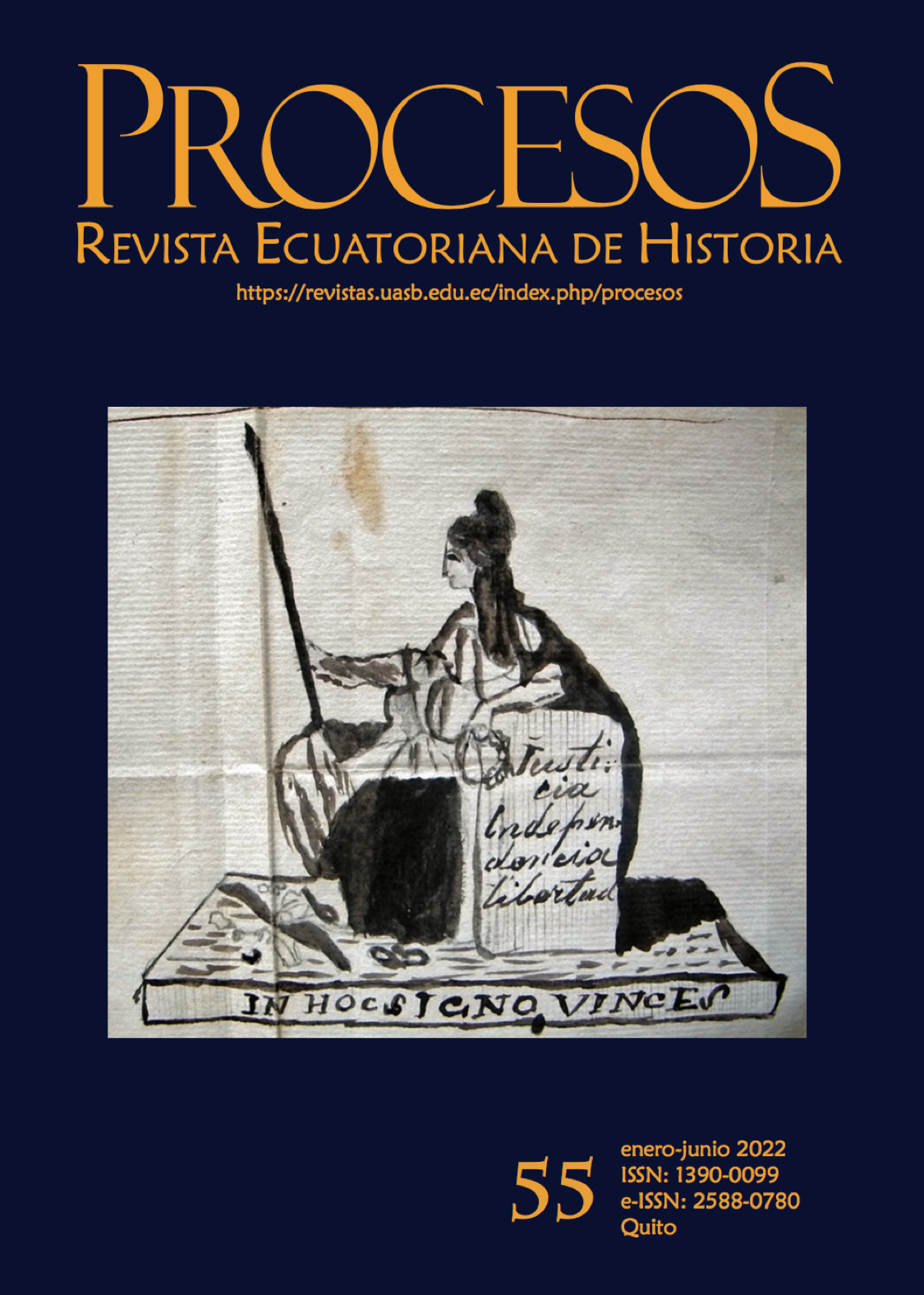La etnohistoria reorientada
Contenido principal del artículo
##plugins.themes.bootstrap3.displayStats.downloads##
Detalles del artículo
Sección
Cómo citar
Referencias
Basso, Ellen B. 1990. “The Last Cannibal.” Journal of Folklore Research 27, no. 1/2: 133-173.
Cadena de la, Marisol. Earth beings: ecologies of practice across Andean worlds. Durham: Duke University Press, 2015.
Chiappe, Carlos y Alejandra Ramos, “Ana María Lorandi y el primer Congreso Internacional de Etnohistoria”, Diálogo Andino, n.o 56 (2018): 9-15. DOI: https://doi.org/10.4067/S0719-26812018000200009
High, Casey. “Keep on Changing: Recent Trends in Amazonian Anthropology”, Reshuarviews in Anthropology 44 (2015): 93-117. DOI: https://doi.org/10.1080/00938157.2015.1029834
——. “Remembering the Auca: Violence and Generational Memory in Amazonian Ecuador”, Journal of the Royal Anthropological Institute 15 (2009): 719-736. DOI: https://doi.org/10.1111/j.1467-9655.2009.01581.x
Fausto, Carlos y Michael Heckenberger, eds., Time and Memory in Indigenous Amazonia: Anthropological Perspectives. Gainesville: University Press of Florida, 2007.
Pineda Camacho, Roberto. Historia oral y proceso esclavista en el Caquetá. Bogotá: Fundación de Investigaciones Arqueológicas Nacionales / Banco de la República, 1985.
Platt, Tristan. Defendiendo el techo fiscal. Curacas, ayllus y sindicatos en el Gran Ayllu Macha, norte de Potosí, Bolivia, 1930-1994. La Paz: Centre of Amerindian, Latin American and Caribbean Studies [CAS] / University of St. Andrews, 2018.
——. Estado boliviano y ayllu andino: tierra y tributo en el norte de Potosí. Lima: Instituto de Estudios Peruanos, 1982.
Taylor, Anne-Christine. “Sick of History: Contrasting Regimes of Historicity in the Upper Amazon”Time and Memory in Indigenous Amazonia: Anthropological Perspectives. Gainesville: University Press of Florida, 2007.



